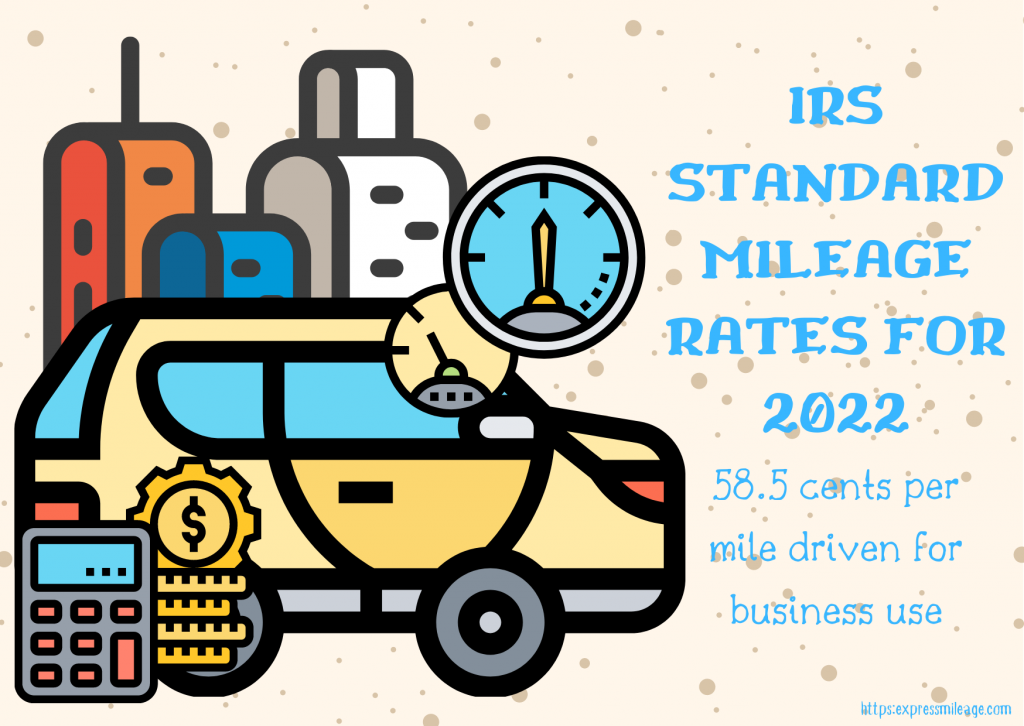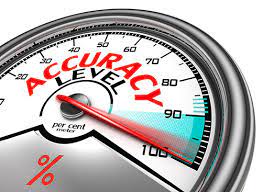There are a lot of benefits to driving your car for business. The biggest is the tax deduction you can claim for business use. But the IRS is always on the lookout for people trying to claim car expenses that they aren’t entitled to. And while it’s possible to audit-proof your car deduction, it requires some planning and attention. Taxpayers need to be especially careful if they drive two cars, both of which qualify as business vehicles.

If you regularly drive your car to work, run errands, or do other personal activities and then also use it for business purposes, you need to keep track of all the miles driven in a year and divide them between personal and business. The IRS allows you a standard deduction for business mileage based on how much you use the vehicle for work purposes. This amount changes every year, and it’s currently 58.5 cents per mile. You should know some tips on calculating mileage deductions. Remember that when using your car for both personal and business purposes, it’s crucial not only to keep track of all mileage but also to log which miles were used for personal and which were used for business.
In reality, the IRS has a bunch of regulations that require you to keep track of your business mileage, which can be time-consuming. But don’t let this deter you from taking advantage of this valuable tax deduction. It’s much easier to be organized now than it is to go thru all the trouble later on when you’re trying to keep up with receipts and mileage logs for the IRS. Totaling your business miles is only the first step in preparing for an audit.
Here are some steps you can take to audit-proof your car expenses:

- Keep track of your miles.
When you’re driving to a business meeting or out on the road visiting customers, make sure you have an easy way to keep track of your mileage. There are several ways to do this. However, writing down your odometer readings at the beginning and end of each day, along with the purpose of each trip is recommended. When it comes time to prepare your taxes, this information will come in handy. A simple spreadsheet with this information is enough to satisfy an auditor, but if your car deduction is significant to your taxes, consider getting more advanced software capable of tracking every mile driven down to the second. Using an online mileage log is more convenient as you save more time and effort.
- Make sure every trip is justified.
If you’re driving across town to deliver some papers, that’s probably not a deductible expense. If it’s part of a longer trip where you have legitimate business reasons to be there — like if you’re going to see a client or meet with a vendor — then it should qualify as a business expense.
- Track your expenses.
Record your gas purchases and oil changes in your log, along with any other significant business-related expenses such as parking fees and tolls. Keep receipts for gas purchased for work-related use only, not all gas purchases during the year. First of all, don’t try to deduct 100 percent of your car expenses. That’s not allowed, and you’ll likely get audited. Trying to claim a business percentage for the use of your car is much more likely to be successful.
Business mileage tax deductions are a valuable tool that can help you lower your tax bill. That being said, they’re also a highly scrutinized deduction that can easily be challenged. If you’re not careful, you could end up having to pay back the money you saved. The last thing you want is for the government to take back money that is rightfully yours.
For further details, you may visit our FAQs section to learn how Express Mileage works.



